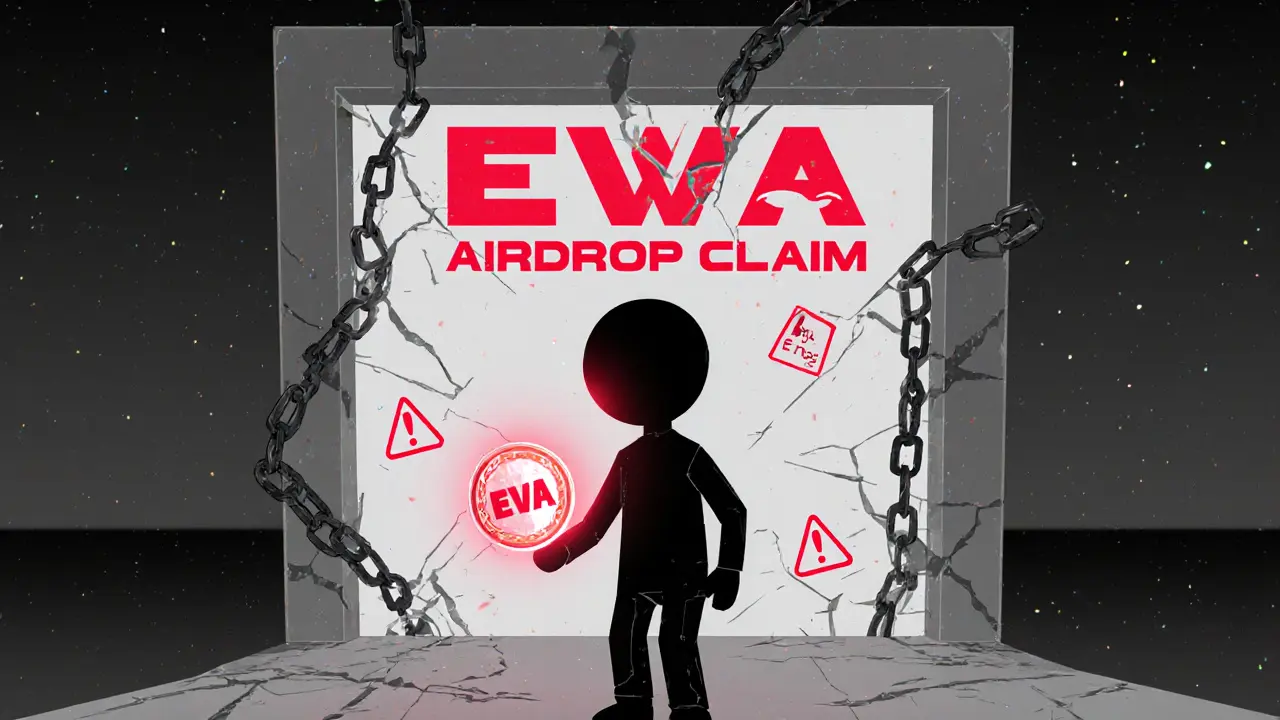Privacy Blockchain: How Anonymous Networks Protect Your Crypto Transactions
When you send crypto, most blockchains record every detail—your wallet address, the amount, and who you sent it to. That’s not banking. That’s a public ledger anyone can read. A privacy blockchain, a type of blockchain designed to hide transaction details like sender, receiver, and amount. Also known as anonymous blockchain, it uses advanced cryptography to make your financial activity invisible to outsiders—while still keeping the network secure and verifiable. This isn’t about hiding illegal activity. It’s about protecting your right to financial privacy, just like you’d expect with cash or a bank statement you don’t want everyone to see.
Not all blockchains are built the same. Bitcoin and Ethereum show everything. But Monero, a privacy-focused cryptocurrency using ring signatures and stealth addresses to obscure transaction paths makes it nearly impossible to trace who sent what. Then there’s Zcash, a blockchain that lets users choose between transparent or shielded transactions using zero-knowledge proofs. With Zcash, you can prove you have the right to spend funds without revealing any details. These aren’t theoretical ideas—they’re live networks used daily by people who need to keep their finances out of public view, whether they’re journalists in authoritarian countries, small businesses avoiding competitor snooping, or just regular users tired of being tracked.
Privacy blockchain tech also connects to real-world issues you’ve probably seen in the news. When Afghanistan banned crypto, people turned to Monero because it couldn’t be easily monitored. When Nigeria cracked down on unregulated exchanges, users looked for private wallets to protect their savings. Even scams like fake airdrops often target people who don’t understand how to secure their transactions. That’s why understanding privacy blockchain isn’t just technical—it’s survival. It’s knowing the difference between a token that hides your activity and one that exposes it to every bot, exchange, and government agency watching.
Below, you’ll find real examples of how privacy tech is used—or abused—in today’s crypto world. Some posts show how anonymous networks protect users. Others expose scams pretending to be private. You’ll see what works, what’s fake, and what you need to know before you send your next transaction.
EVA Community Airdrop by Evanesco Network: What We Know (2025)
No EVA airdrop from Evanesco Network exists as of 2025. Learn why claims of free tokens are scams, what the real EVA token status is, and how to avoid losing your crypto to fake airdrop schemes.
learn moreMCASH Airdrop Details: How Monsoon Finance Distributes Tokens Without Traditional Airdrops
Monsoon Finance doesn't offer traditional airdrops. Learn how MCASH tokens are earned through anonymity mining by using its cross-chain privacy protocol - and why this model could matter for the future of financial privacy.
learn more
